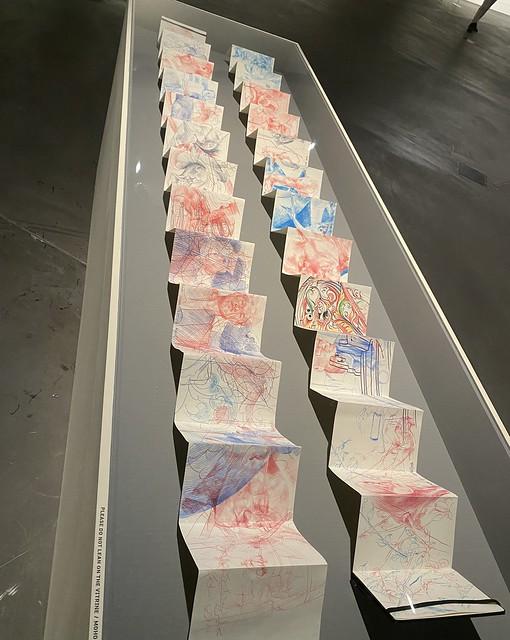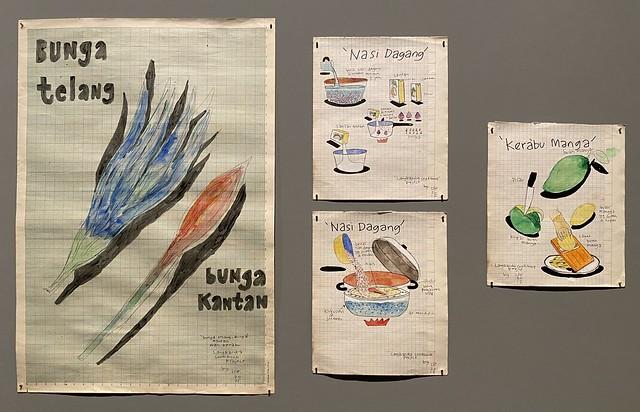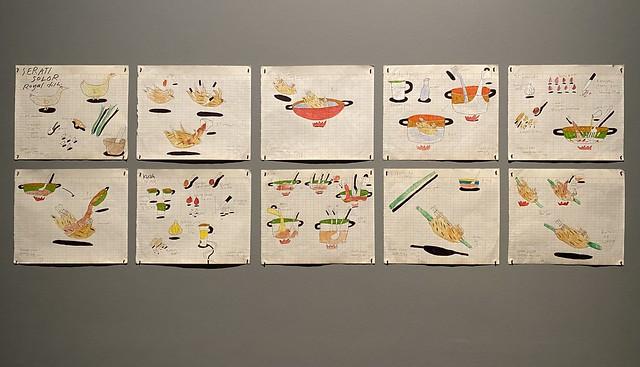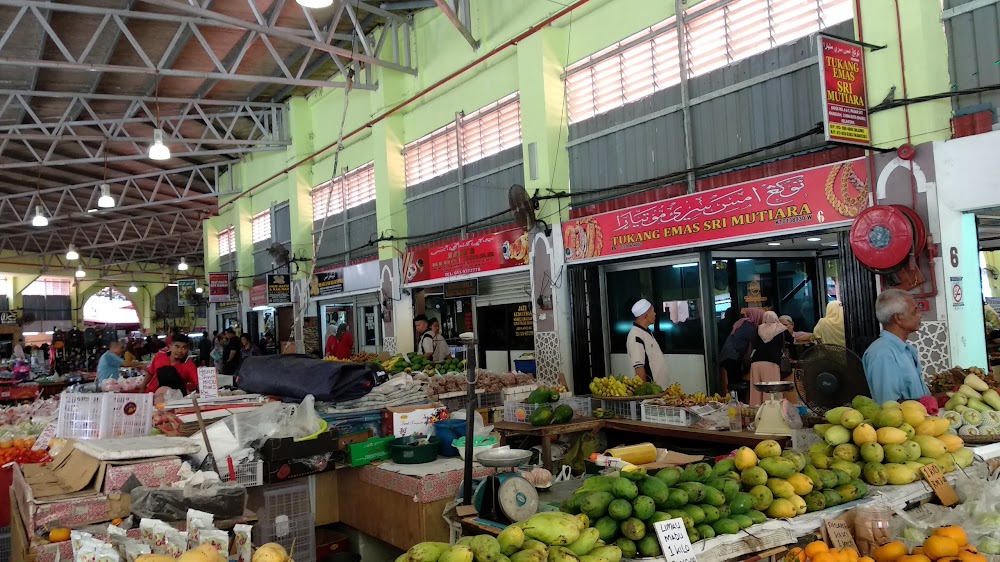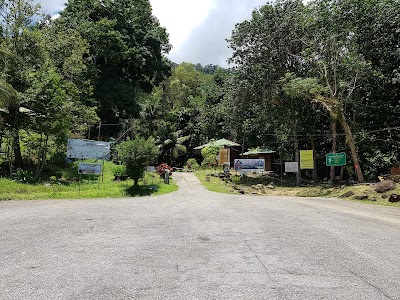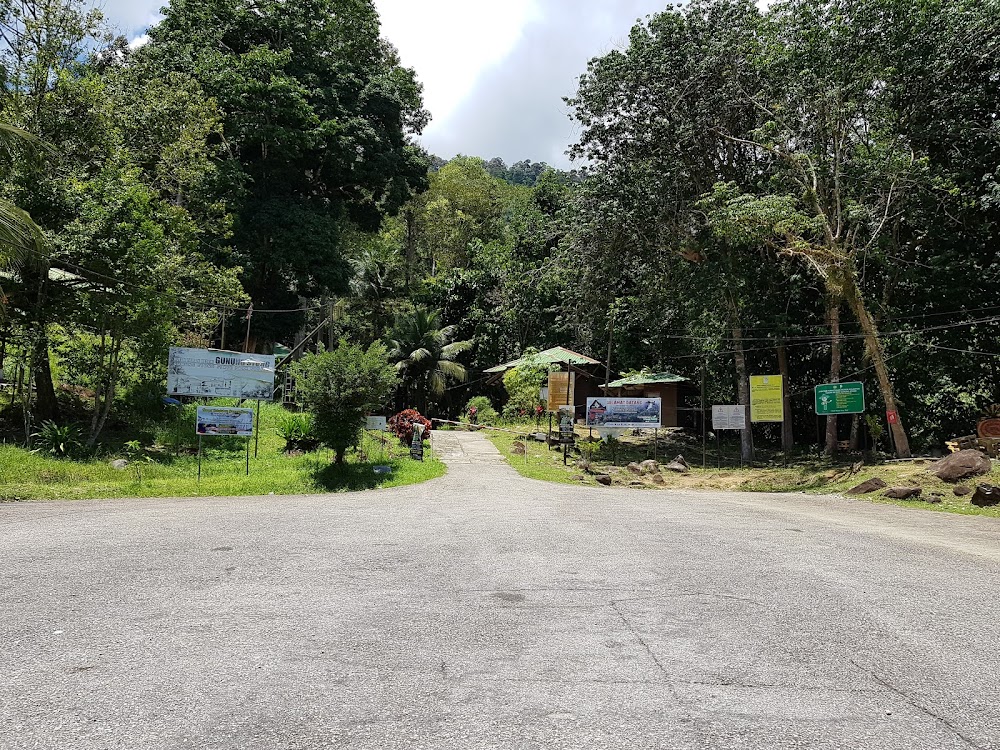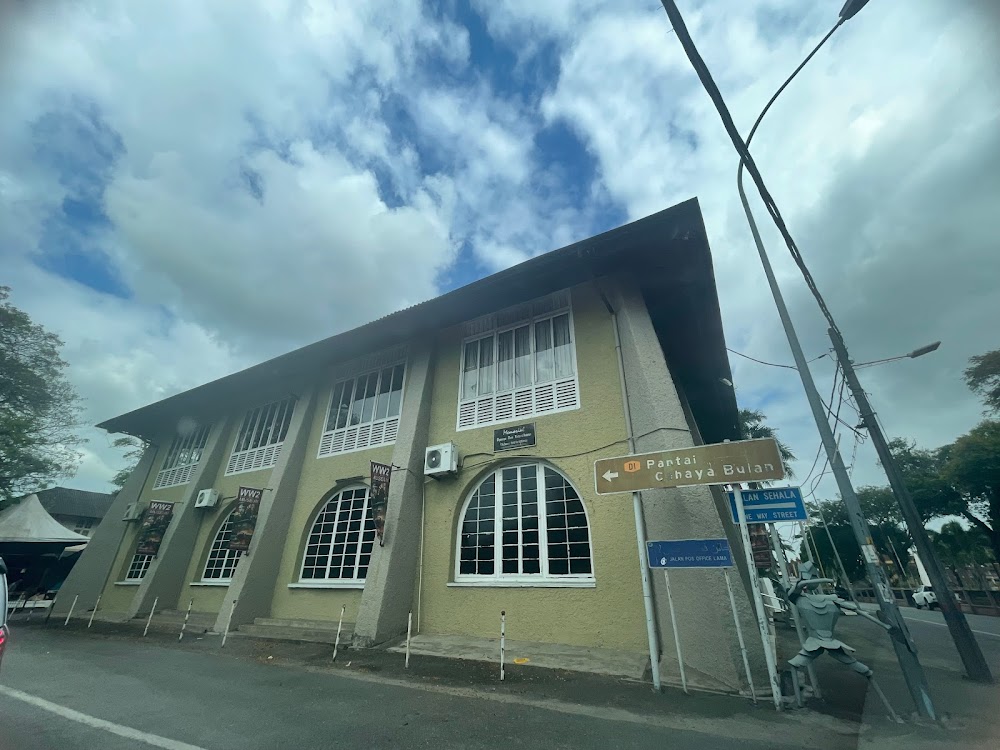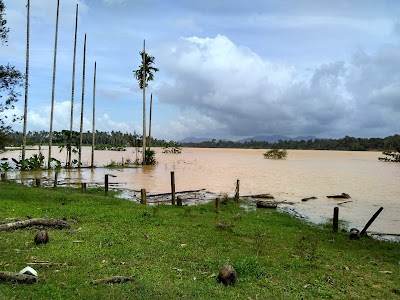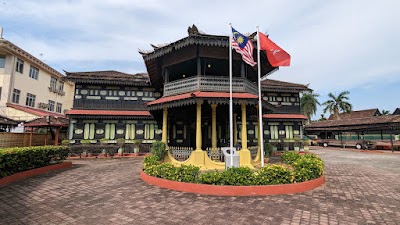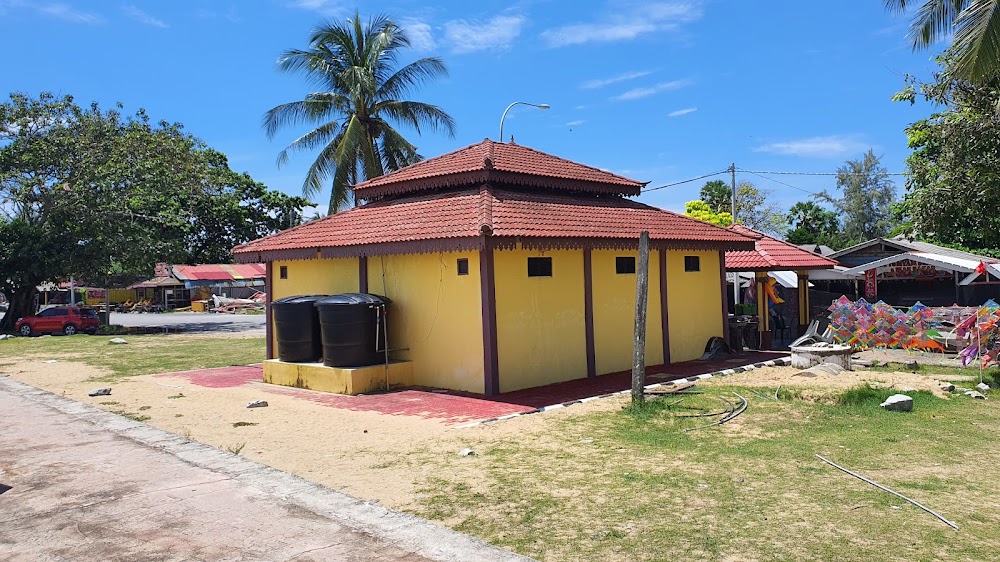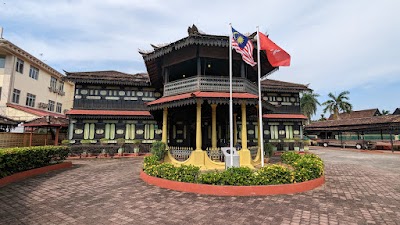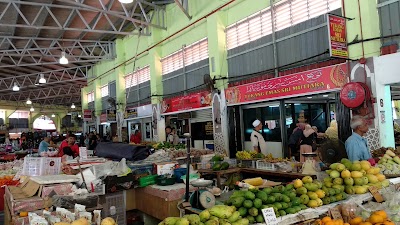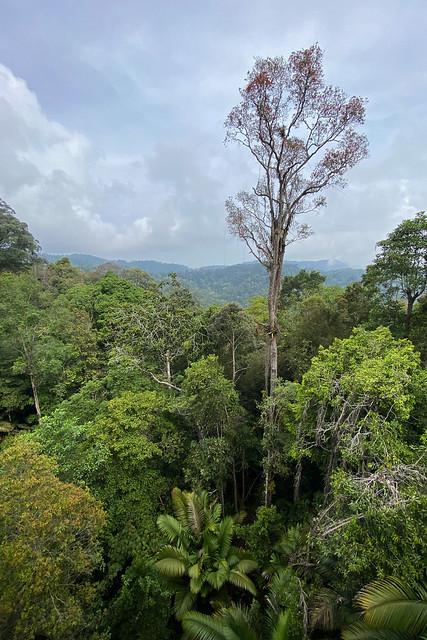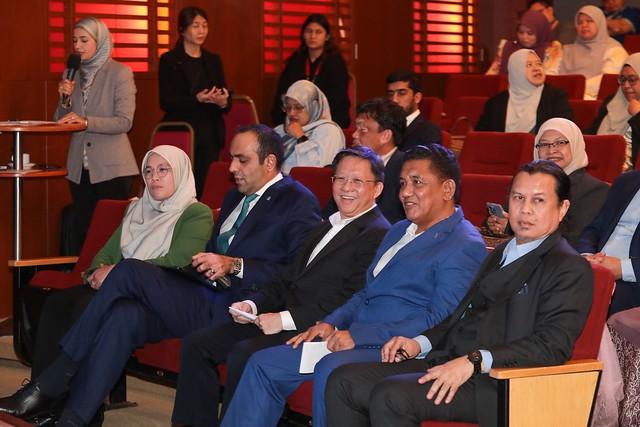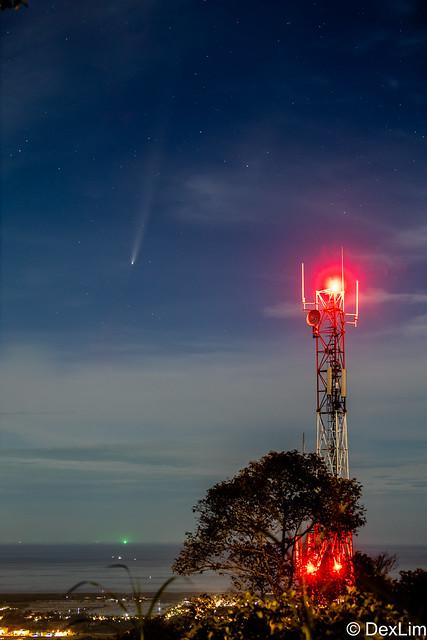Kelantan
Overview
Kelantan, located in the northeastern part of Peninsular Malaysia, is a state that offers a captivating glimpse into the heart of Malay culture. Known as the "Cradle of Malay Culture," it showcases a rich tapestry of traditions, art, and lifestyle that is distinct from other regions in the country. The state is predominantly inhabited by the Malay ethnic group, and this heritage is vibrantly reflected in its festivals, crafts, and daily life. Visitors will find themselves immersed in an atmosphere steeped in history and tradition, where the old-world charm blends seamlessly with the warmth of its people.
Cultural Heritage
Kelantan’s cultural landscape is adorned with traditional performances, such as the mesmerizing Wayang Kulit (shadow puppetry) and the energetic Mak Yong dance. These art forms are not just entertainment; they are vital expressions of Kelantan’s historical narratives and spiritual beliefs. The state is also famous for its intricate handicrafts, including batik and songket, both of which are textile arts that reflect the skill and creativity of local artisans. Visitors can explore the vibrant markets, particularly in the capital city of Kota Bharu, where these exquisite pieces are sold alongside local snacks and delicacies.
Atmosphere and Lifestyle
The atmosphere in Kelantan is unique, characterized by a slower pace of life that feels almost timeless. The state is known for its rustic charm, with traditional wooden houses dotting the landscape and the serene backdrop of lush paddy fields. The people of Kelantan are known for their hospitality, often welcoming visitors with open arms and warm smiles. Engaging with locals, whether at bustling markets or during festive celebrations, provides a genuine experience of the state’s communal spirit. The rhythm of life here is intertwined with nature, making it an ideal destination for those seeking tranquility away from the hustle and bustle of urban centers.
Historical Significance
Historically, Kelantan has played a pivotal role in the development of Malay culture and politics. The state was once a significant trading port and played a vital role in the spread of Islam in the region. The iconic Istana Jahar, a former royal palace in Kota Bharu, stands as a testament to its royal history and is now a museum showcasing Kelantan’s heritage. Visitors can explore the remnants of ancient Malay kingdoms, with sites like Gunung Stong and the ancient town of Kota Kubang Labu, which whisper tales of a glorious past. The state’s historical significance is also highlighted during festivals such as Hari Raya and Chinese New Year, where cultural traditions are celebrated with great fervor.
Local Characteristics
One of the most remarkable aspects of Kelantan is its culinary scene, which is a delightful fusion of flavors and techniques. The state is famous for its unique dishes, such as Nasi Kerabu, a fragrant blue rice served with a variety of accompaniments, and Ayam Percik, grilled chicken marinated in a rich and spicy coconut sauce. Street food is an integral part of the experience, with stalls offering everything from sweet kuih (traditional snacks) to savory laksa. The local markets, especially the Pasar Besar Siti Khadijah, are a feast for the senses, bustling with vendors selling fresh produce, spices, and homemade delicacies.
In conclusion, Kelantan is a destination that encapsulates the essence of Malaysian identity through its vibrant culture, rich history, and warm hospitality. For foreign travelers, it offers an authentic experience of Malay traditions and a chance to engage with a community that prides itself on its heritage. Whether you are exploring historical sites, indulging in local cuisine, or simply soaking in the scenic beauty, Kelantan promises memories that will last a lifetime.
How It Becomes to This
History not available
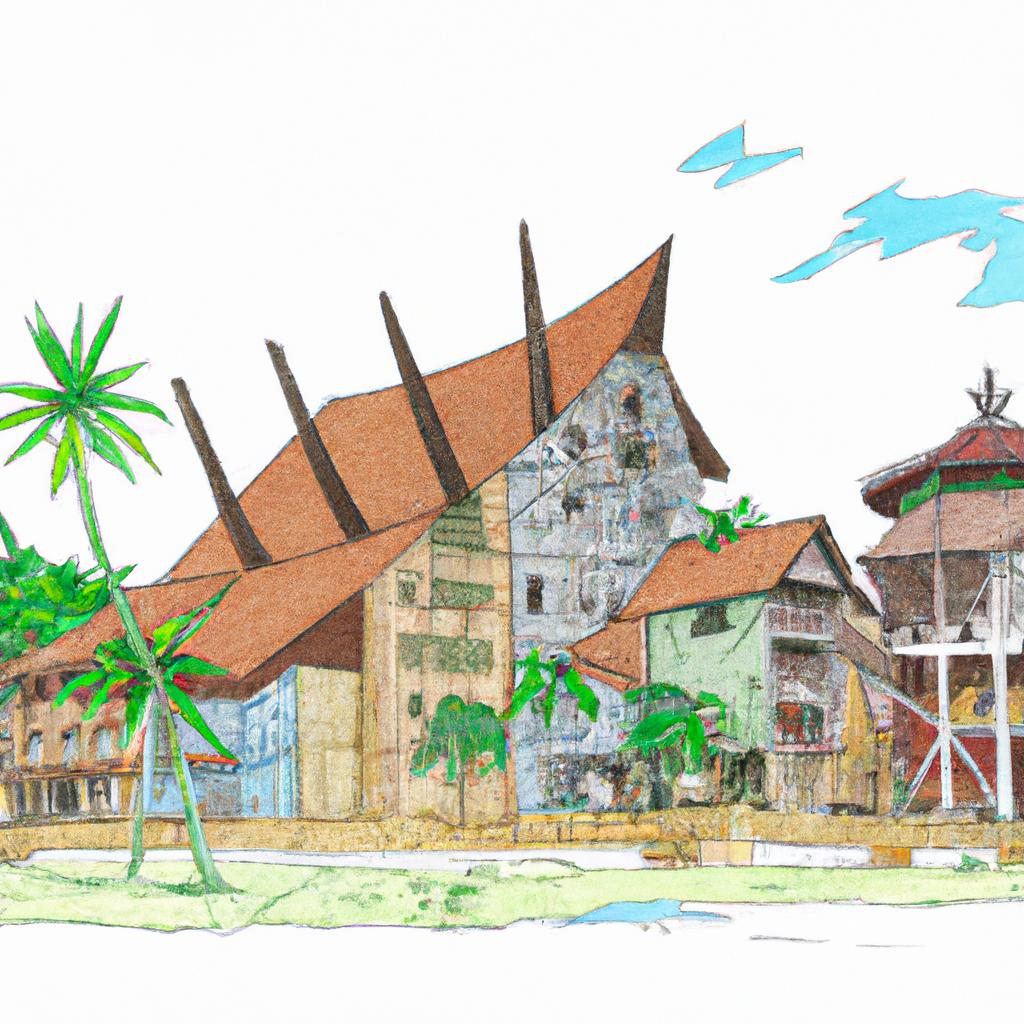
Places in Kelantan
Explore the most popular attractions and landmarks
You May Like
Explore other interesting states in Malaysia
Discover More Area
Delve into more destinations within this state and uncover hidden gems.



